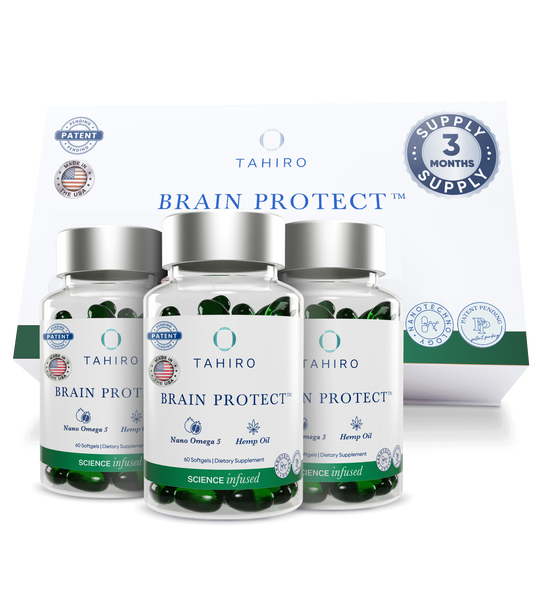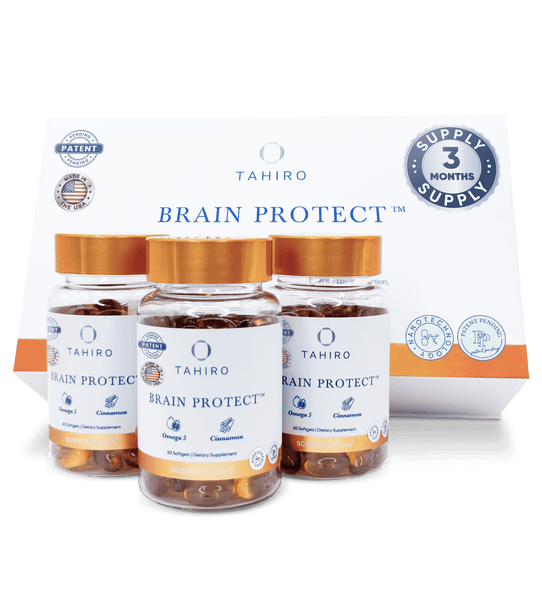Brain fog and dementia are two conditions that affect cognitive function, but they differ in several ways. In this article, we will discuss the differences between brain fog and dementia, as well as the causes and ways to protect against brain fog.
What Is Brain Fog?
The term “brain fog” is commonly used in popular culture but is not technically a medical term. It generally refers to symptoms like trouble concentrating, memory problems, decreased mental clarity, and issues with cognition (such as feeling that one’s thinking is slowed down). Brain fog is generally a temporary condition. Various factors, such as stress, lack of sleep, poor nutrition, and certain medical conditions, can cause it. People who have medical conditions like chronic fatigue syndrome, fibromyalgia, or chronic pain are more likely to experience brain fog. People who are going through menopause and those with other hormone issues, such as thyroid disease, may also experience brain fog. The symptoms of brain fog are likely to improve when the underlying cause is addressed.
How Does Brain Fog Differ from Dementia?
Dementia is a progressive condition that affects many aspects of cognitive function, including memory, concentration, and mental clarity. It is usually caused by a disease or injury, such as Alzheimer's disease. Dementia is a serious condition that can greatly impact a person's quality of life. People with dementia eventually become unable to function independently in their daily lives. Although treatment may help somewhat with the symptoms of dementia, there is no treatment that can cure or reverse dementia. Compared with brain fog, dementia generally involves more severe symptoms and a progressive decline in cognitive function over time. People with dementia eventually lose the ability to function well in their daily lives, while those with brain fog may experience some declines in performance but can still manage their own lives.
What Causes Brain Fog and Memory Loss?
Brain fog and memory loss can be caused by a variety of factors, including stress, lack of sleep, poor nutrition, certain medical conditions, and medications. Chronic stress, for example, increases cortisol levels, a hormone that can affect cognitive function. A diet low in essential nutrients can also contribute to brain fog and memory loss. Certain hormonal conditions, such as thyroid disorders and menopause, can also cause brain fog and memory loss. Additionally, certain medications, such as antidepressants and antihistamines, can also cause brain fog as a side effect.
How Do You Protect Against Brain Fog?
There are several ways to protect against brain fog, including eating a healthy diet, getting enough sleep, and reducing stress. Eating a diet that is rich in fruits, vegetables, and whole grains helps to provide the brain with the essential nutrients it needs to function properly. Adequate sleep is also important for cognitive function, as the brain uses sleep to consolidate memories and restore neural connections. Ensuring you get enough sleep will reduce your chances of experiencing brain fog. Reducing stress through techniques such as meditation, yoga, and exercise can also help protect against brain fog. Additionally, regularly engaging in activities that challenge the brain, such as doing puzzles or learning a new skill, can also help to keep the brain healthy and may protect against brain fog.







